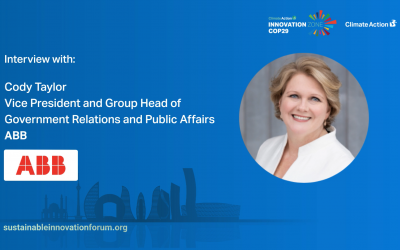Biofuels to play key role in Obama’s Climate Action Plan
Energy Secretary, Ernest Moniz, announces biofuel research and investment projects in bid to cut transport sector emissions
_800_533_80.jpg)
United States Energy Secretary, Ernest Moniz, has highlighted the crucial role biofuels will play in the administration’s Climate Action Plan.
Secretary Moniz has stated that biomass and bio based fuels will help to provide energy security and reduce greenhouse gas emissions from the transportation sector and he also announced over US$22 million in new investments to help develop cost-competitive algae fuels and streamline the biomass feedstock supply chain for advanced biofuels.
The transportation sector accounts for over 65 per cent of total U.S. oil consumption and one-third of the nation’s total greenhouse gas emissions and the government is now pursuing its ambition of replacing gasoline with biofuels made from non-food feedstocks, waste materials and algae.
A research projects launched earlier this month is helping to develop the Energy Department’s efforts to bring next generation biofuels online, with the goal of producing cost-competitive drop-in biofuels by 2017 and algae biofuels by 2022.
Investment of US$16.5 million is being targeted for four projects in California, Hawaii and New Mexico aimed at breaking down technical barriers and accelerating the development of sustainable, affordable algae biofuels. The projects will help boost the productivity of sustainable algae, while cutting capital and operating costs of commercial-scale production. The projects include:
As part of the research programme, Hawaii Bioenergy will develop a cost-effective photosynthetic open pond system to produce algal oil. The project will also demonstrate preprocessing technologies that reduce energy use and the overall cost of extracting lipids and producing fuel intermediates.
Headquartered in San Diego, Sapphire Energy will develop a new process to produce algae-based fuel that is compatible with existing refineries. The project will also work on improving algae strains and increasing yield through cultivation improvements.
New Mexico State University will increase the yield of a microalgae, while developing harvesting and cultivation processes that lower costs and support year-round production.
California Polytechnic State University will conduct research and development work to increase the productivity of algae strains and compare two separate processing technologies. The project will be based at a municipal wastewater treatment plant in Delhi, California that has six acres of algae ponds.
At the Biomass 2013 conference, Secretary Moniz also announced a new project led by Columbus, Ohio-based FDC Enterprises to reduce harvesting, handling and preprocessing costs across the entire biomass feedstock supply chain. The project will receive a nearly $6 million Energy Department investment.
One of the largest costs for the advanced biofuels industry comes from harvesting its raw material or feedstock – the wood, grass or agricultural waste it converts to fuel – and delivering it from the field or forest to a biorefinery. Over the past three years, the Energy Department has supported industry partnerships to test prototypes for commercial harvesting equipment that balance the needs of land owners, feedstock suppliers, equipment manufacturers and biorefineries – while reducing costs and achieving greater process efficiencies.
The FDC Enterprises project will work with independent growers and biofuels companies in Iowa, Kansas, Virginia and Tennessee – including POET, ADM, Clariant International and Pellet Technology USA – to develop new field equipment, biorefinery conveyor designs and improved preprocessing technologies. The project will also develop and deploy feedstock quality-monitoring tools to reduce sampling and analysis costs, and conduct real-time analysis of feedstock characteristics such as moisture content and particle size.


_400_250_s_c1.png)



